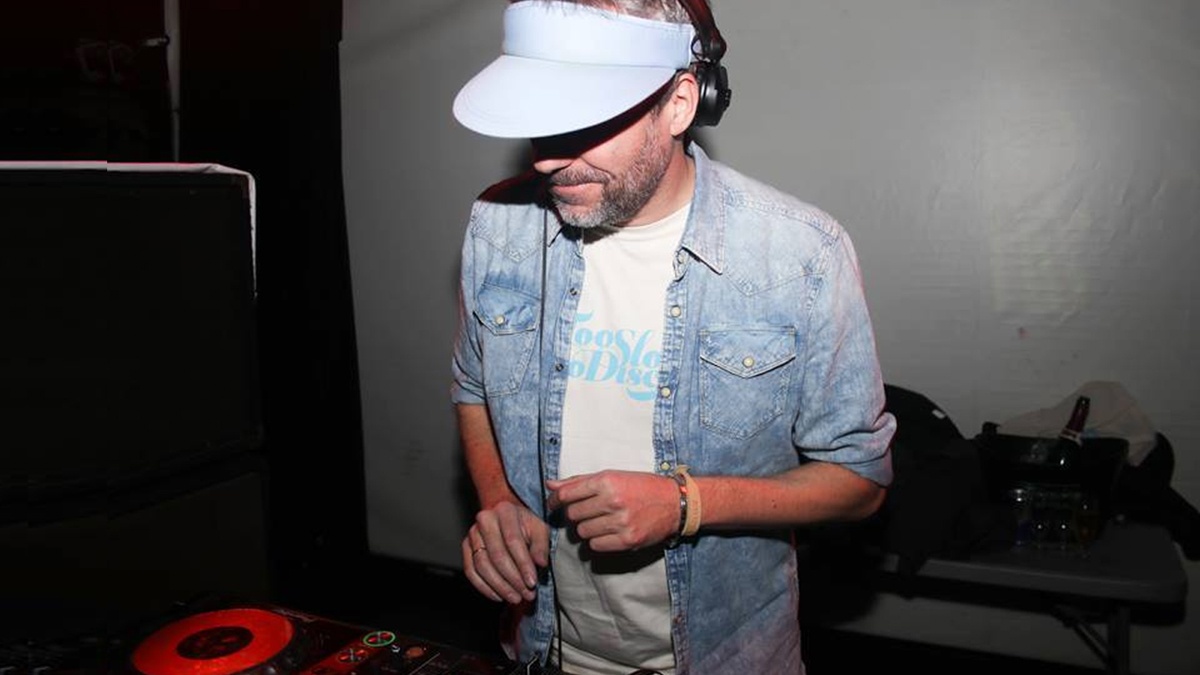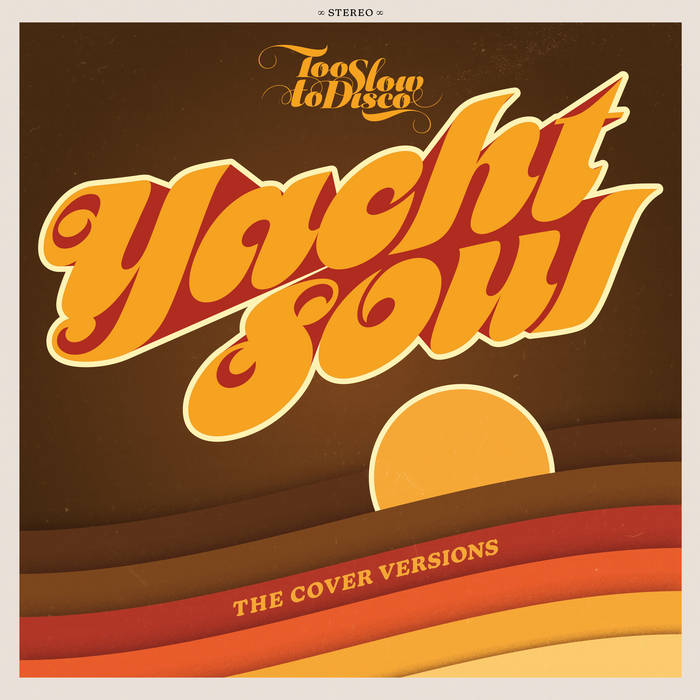Marcus, the Too Slow To Disco series was never just about compiling music, it was also always about the stories behind the songs, about unsung heroines and heroes, musicians and songwriters. The new edition is about Soul and R&B artists who took on the supposedly “white” West Coast AOR and recorded wonderful cover versions of the songs. How did you come up with the idea?
As with everything Too Slow To Disco, it all starts with the music! After listening to more and more Soul music during the pandemic (needed it to heal my soul) I realized there are a lot of cover versions by black Soul, Funk and R&B artists of West Coast, AOR and Yacht tracks, but mostly hidden on albums, that were not the strongest or most popular of the artists. So a lot of these tracks are overlooked and forgotten – which always means it is time for TSTD to step in! The track that actually made me decide to start working and licensing the compilation was discovering Betty Everett’s version of “God Only Knows”, which I never even heard about… Looks like I wasn’t alone…
We know that white artists have always loved to cover black music – not least since Elvis Presley. But creativity is rarely a one-way street. The strict separation between white and black music never really corresponded to reality. “Yacht Soul” also shows this. What do you think motivated black artists to cover AOR hits?
I think in the mid/ late 70s the predominately white boys club of West Coast hippies, that started the AOR sound, discovered and embraced black music. In the studios of the time, black and white musicians were all working together on those incredibly smooth, luxurious albums. In some cases the performers here tackled these songs because they genuinely liked them and found that they give them something interesting to work with. In other cases the decision to record the song in question perhaps came from a shrewd plan to cover all the market bases. But whether the motivation was purely creative or strictly mercenary, these recordings demonstrate the folly of arbitrary genre separation and also served to introduce these artists’ fan bases to great songs they might not necessarily have gone out of their way to find.
The influence of R&B and Soul on West Coast AOR cannot be underestimated. “A Love Of Your Own”, co-written by Ned Doheny and Hamish Stuart of the Average White Band, which is featured in an exquisite version by the Ebonys on “Yacht Soul”, is a good example of this. Would you say that the transitions between the genres were often fluid?
Yes they were after the mid 70s. Maybe not for everything we now call AOR or YACHT. I don’t think The Eagles were influenced as much by black artists as for example Ned Doheny or Hall & Oates. With Too Slow To Disco I always – from day one – concentrated on that soulful West Coast AOR sound (always called Blue Eyed Soul, but I’m not sure if this is politically correct nowadays), where you can hear the warm, laidback soulful vibes of black music in every tone.
And again and again Michael McDonald: Four songs that McDonald wrote or co-wrote – “Takin’ It To The Streets”, “What A Fool Believes”, “Minute By Minute” and “This Is It” – are in great interpretations on “Yacht Soul”. In your opinion, does he best represent the intersection between West Coast AOR and R&B?
Looks like his music crossed over the most between white and black audiences. No wonder, many people thought he was a black singer, when listening to him on the radio. But I still think that Ned Doheny is the maestro of this intersection. I don’t think there are many white musicians that got covered more often by black musicians.
The blurring of genre boundaries is evident not least in the session musicians who played on all the great albums of the era – whether West Coast AOR or R&B. One of the most famous examples is Toto, who refined Michael Jackson’s “Thriller”. On the songs of “Yacht Soul” you repeatedly meet session professionals like Joe Sample, Greg Phillinganes, Ed Greene or Ray Parker Jr. How important do you consider the influence of these musicians on the “Yacht” and R&B sound of the era?
Incredibly important, as they made it possible for those AOR bands to leave the pure Folk influence they all started with in the sixties. One of the most important session musician of that time was definitely Greg Phillinganes. Donald Fagen actually wrote “Lazy Nina” (on this compilation) just for him, and getting an exclusive song from Fagen (as well as getting Michael Jackson to guest on Greg’s same 1984 album) is the kind of feat that only a true studio-session MVP could possibly pull off. He was a name that seemed to appear on almost every top-selling blockbuster album of the era, and the stars he worked for and with were only too happy to return the favor.
It is also interesting that some artists have added political messages to their interpretations. Billy Paul gives Paul McCartney’s classic “Let ‘Em In” an extra social meaning by inserting the names of various civil rights and political leaders into the lyrics. Were you aware of this socio-political dimension when you started compiling the songs? Or was that a discovery for you as well?
Let’s say I didn’t plan this …. With everything happening in the USA today, this track to me reached such a big new meaning, which – unfortunately – nobody has yet realized. It sounds like a “Black Lives Matter” anthem! Also Millie Jackson’s incredible saucy version of Kenny Loggins’ “This Is It” is a powerful, fighting social message against the male macho world, it sounds like an early contender for the #metoo movement.
Marcus, licensing the titles has always been one of the most difficult works in creating a compilation like TSTD. How difficult was the licensing process this time?
It was a bit easier than usually, but it took much longer. Most of the tracks on “Yacht Soul” were owned by the Majors, but this time they knew about them. It just took some time and a little convincing to get the okay to the very big names.
Did you have direct contact with some of the artists featured on the new edition? And if so, what did they think of the concept of presenting these cover versions in a compilation? Could they relate to the term “Yacht Soul”?
Leslie Smith was the person I talked to the most. He found it really interesting to call it “Yacht Soul” and he was very grateful for this track and the album to get another push to a new audience.
Is there a particular song on “Yacht Soul” that you’re especially happy about making it onto the compilation?
Betty Everett’s track is not only the most important song for me, it was also the one that was totally forgotten. The album it was on was never rereleased and it took me ages to find the right owner. As Greg Caz – who wrote the liner notes for us – mentioned, we all would really love to know what Brian Wilson thought of the cover version, or maybe he doesn’t even know about it…
Marcus, you are not only a compilation curator, but first and foremost a DJ. At the beginning of the pandemic, we had already talked about the effects on the culture industry and on you personally. Now it looks like life is returning to the clubs, you’ve already been DJing again, would you say that you are looking more positively into the near future?
I didn’t deejay for 16 months, a period that broke more inside of me than I realised until a few months ago. It was not only a simple financial problem, I also was not allowed to live my passion, and was treated like an alien by my government. I went through one of the darkest periods of my life, and it will take time for my soul to fully recover. The vibes I like to spread as a DJ and with TSTD are positive, so if I am in a bad mood, it is really hard to stand in front of people and make them feel special for a few hours, which is my profession…. Let’s see how this works out… But I always have hope!
“Yacht Soul” is already the ninth (!) edition of the TSTD series. Could you have imagined in 2014 that the series would have such longevity?
Never ever. I am so happy to have found this way to express my musical feelings. And it looks like many people can follow my dreams!
How will the series develop over the next few years? Do you have anything special planned for the 10th edition?
Nothing special, or maybe…. Let’s see, but three new ones are in the working process.
Marcus, thank you very much for the interview!
Thanks so much to you for the ongoing enthusiasm and support!


